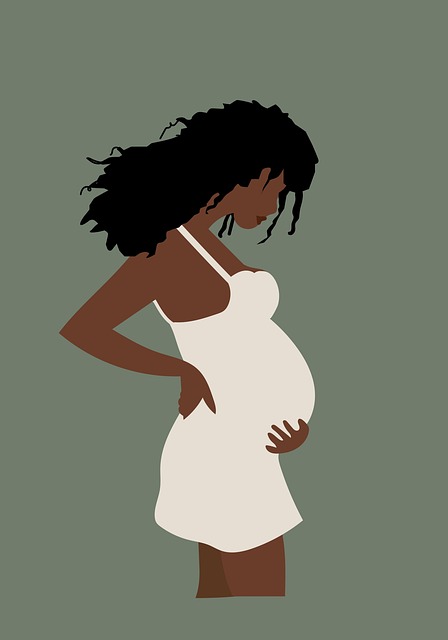Understanding your nutritional needs during pregnancy is essential for the health of both you and your developing baby. One of the most crucial aspects is ensuring you consume the right amount of calories.
How Many Calories Should a Pregnant Woman Consume?
If you were leading a moderately active lifestyle and maintaining a healthy weight before pregnancy, your typical caloric intake was around 2,000 calories daily. Now that you’re expecting, here’s what to consider:
- First Trimester: Generally, you won’t require additional calories during the first trimester. Instead, focus on incorporating nutrient-dense foods that provide energy and support overall health. If you’re experiencing morning sickness, prioritizing small, frequent meals can help maintain energy levels. For more tips on managing symptoms, consider checking out our guide on morning sickness.
- Second and Third Trimesters: As your pregnancy progresses, your caloric needs will increase. During the second trimester, you may need to add about 340 calories per day, and in the third trimester, approximately 450 additional calories might be necessary. However, it’s important to remember that “eating for two” doesn’t mean doubling your food intake; rather, focus on the quality of your diet.
It’s vital to nourish your body with a variety of foods rich in vitamins and minerals. Engaging in discussions with other moms-to-be can be beneficial. Join our free sperm donor matching group for support and sharing experiences.
Balancing Nutrients
While caloric intake is important, the types of food you consume are equally crucial. Aim for a balanced diet that includes fruits, vegetables, whole grains, and lean proteins. Incorporating healthy fats can also be beneficial. For further insights on how to maintain a healthy diet while pregnant, explore this resource that details nutritional needs.
If you have concerns about physical activity during pregnancy, you might find our article discussing the safety of exercise, including running, during pregnancy helpful. Read more here.
Conclusion
Monitor your caloric intake and focus on quality nutrition to support both your health and your baby’s growth. If you’re considering options like in-home insemination, MakeAMom offers unique solutions tailored to your needs, including a reusable option.
To Summarize: Maintaining an appropriate caloric intake during pregnancy is crucial for your baby’s development. The first trimester typically doesn’t require additional calories, while the second and third trimesters may demand an increase. Focus on a balanced diet rich in nutrients and consider joining supportive communities for shared experiences. For authoritative resources, Healthline provides valuable insights on in vitro fertilization.

